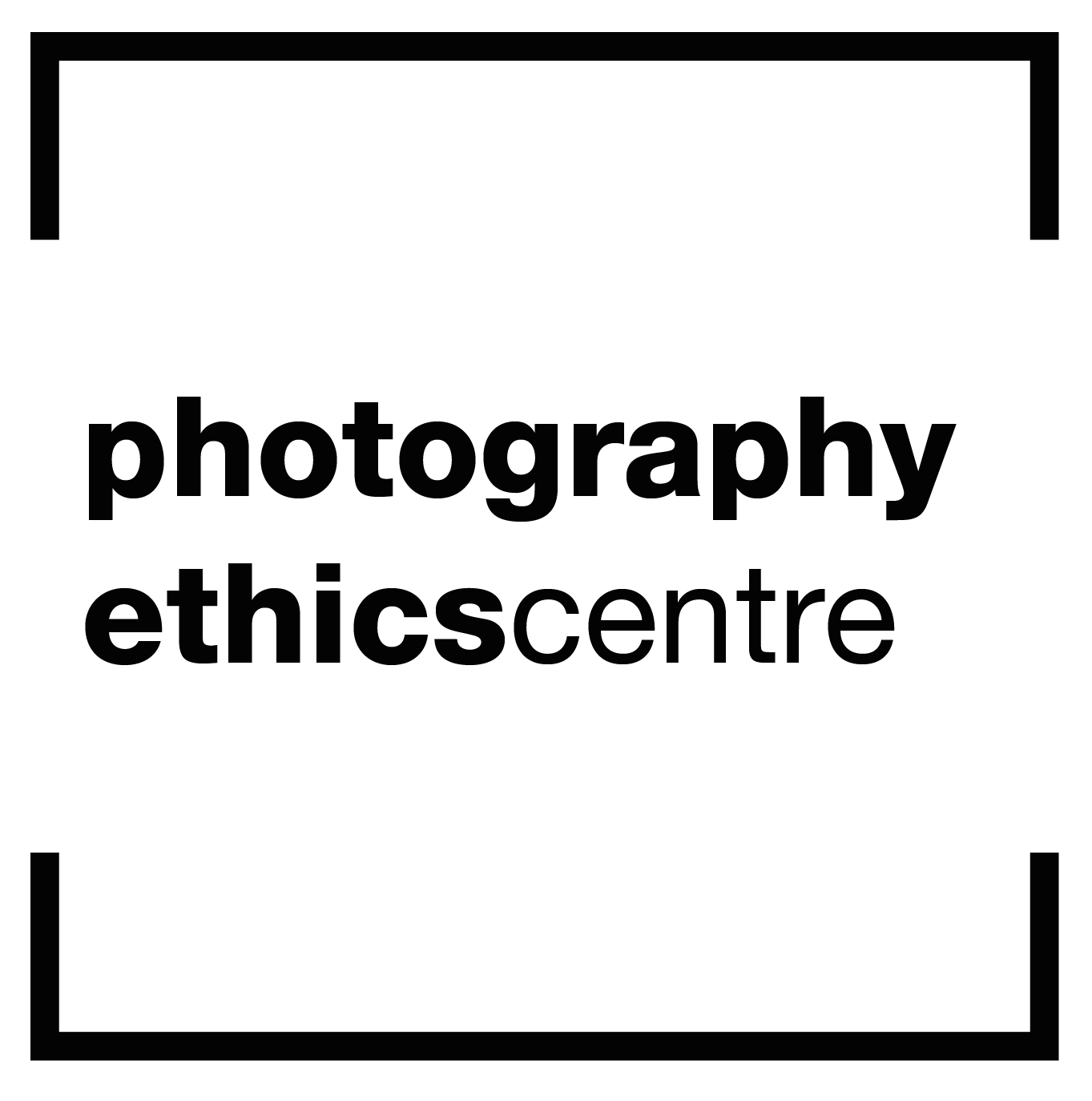Alice Cazenave: On the toxicity of photography
In this episode, we talk with Alice Cazenave about the toxicity of photography. She examines photography and colonialism on a material level in terms of land ownership, extraction and contamination. Alice discusses how the use of plants allowed her to explore the different narratives that emerged from the same place. She provides insight into the plant-based photo-chemistries* that develop her analogue photographs, and explains how her work is informed by multi-disciplinary perspectives and resources. Through her practice, Alice stresses the importance of vulnerability as she pursues work which challenges her own assumptions.
*Plant-based photo-chemistries are made with plants and sodium ascorbate.
What you’ll find inside:
“Using the plants was a way to kind of unveil the different levels of social and ecological harm that was coalescing in this space, without condensing that region to one specific narrative.” (11:48)
“Looking upstream at the infrastructures and the cultural practices around what we value in photograph and what that looks like if you look at the materials that we use. We might value aesthetically clean or well-balanced photos but there’s a real toxic legacy to making photos that way.” (16:05)
“It’s fascinating for me the way these chemicals move around and shape-shift, so I’ve also been interested in recycling and repurposing the actual chemistry to think about the way that contamination moves through time, and through people’s bodies and atmospheres, and these boundary-less spaces.” (23:21)
“I really think that looking to disciplines outside of photography, and bringing them back in through the work is a really enriching way to engage with the medium, because it explores the complexity of it. It’s a really complex medium, photography…ethically, materially, and historically.” (31:10)
What does photography ethics mean to Alice?
“For me, it’s about starting a project or an approach from a place of feeling vulnerable. Approaching a topic or at least choosing things that have really marked you from a sense of not knowing too much about them and that being a problem. I think that sort of vulnerability is at the core of all of the work I have done.” (37:26)
Links:
The Sustainable Darkroom Patreon
Up the Anthropologist: Perspectives Gained From Studying Up by Laura Nader
Digital Rubbish: A Natural History of Electronics by Jennifer Gabrys
In Pollution Is Colonialism by Max Liboiron
Tubes: A Journey to the Center of the Internet by Andrew Blum
Alice Cazenave is a photographic artist and AHRC funded PhD candidate examining the toxicity of analogue film industries. She is creating an alternative archive of film photography's history that foregrounds links between photographic silver extraction and the Anthropocene. She mixes low-toxic photo-chemistries from plants growing in landscapes touched by photographic contamination.
Alice's awards and positions include the Ansel Adams Fellowship at the University of Arizona, artist-in-residence at the Hong Kong International Photo Festival, visiting scholar in Art & Sustainability at Rochester Institute of Technology, and the TRACTS Fellowship at Leiden University. Alice is also the research advisor the Sustainable Darkroom, a charity developing low-toxic praxes in photography.
She has exhibited internationally with London Art Fair, Pointsman, Cass Gallery, Halide Project, Centre for Creative Photography, BWA Gallery, and Chappe Contemporary Art Museum. Artistic features include the British Journal of Photography, The Guardian, and the New York Times.
You can see her work at https://alice.cazenave.co.uk
Creativity is not confined to campus. Falmouth University has been a leading creative institution for over 120 years, and a pioneer in online study since 2016. In that time, they have honed their expertise in delivering high-quality online degrees that nurture collaboration and innovation. Through their Virtual Learning Environment built by an award-winning digital learning team, supported by expert teaching and unrivalled industry connections, you can achieve your personal and professional ambitions in a way that works for you. Join a pioneering community and elevate your photographic practice with Falmouth's online photography courses. Learn more.

